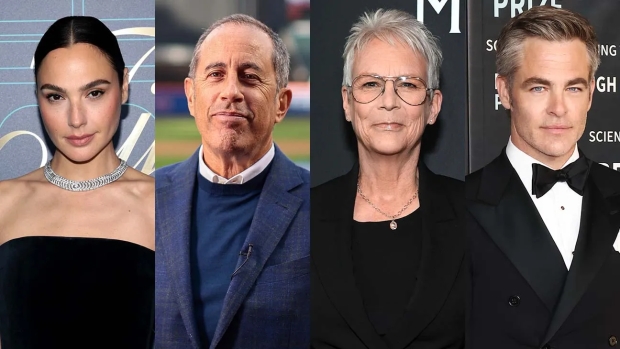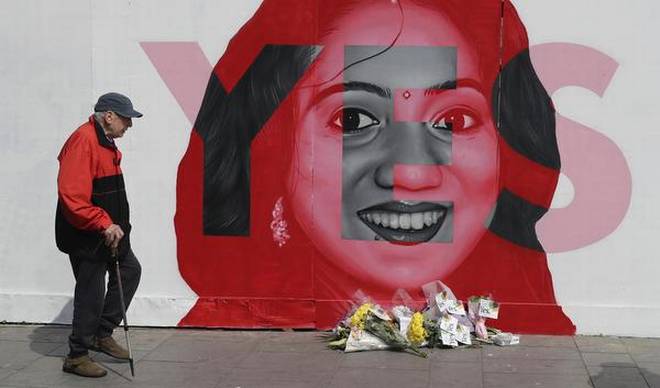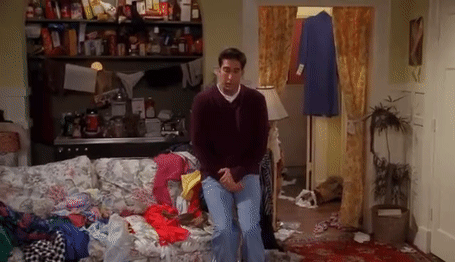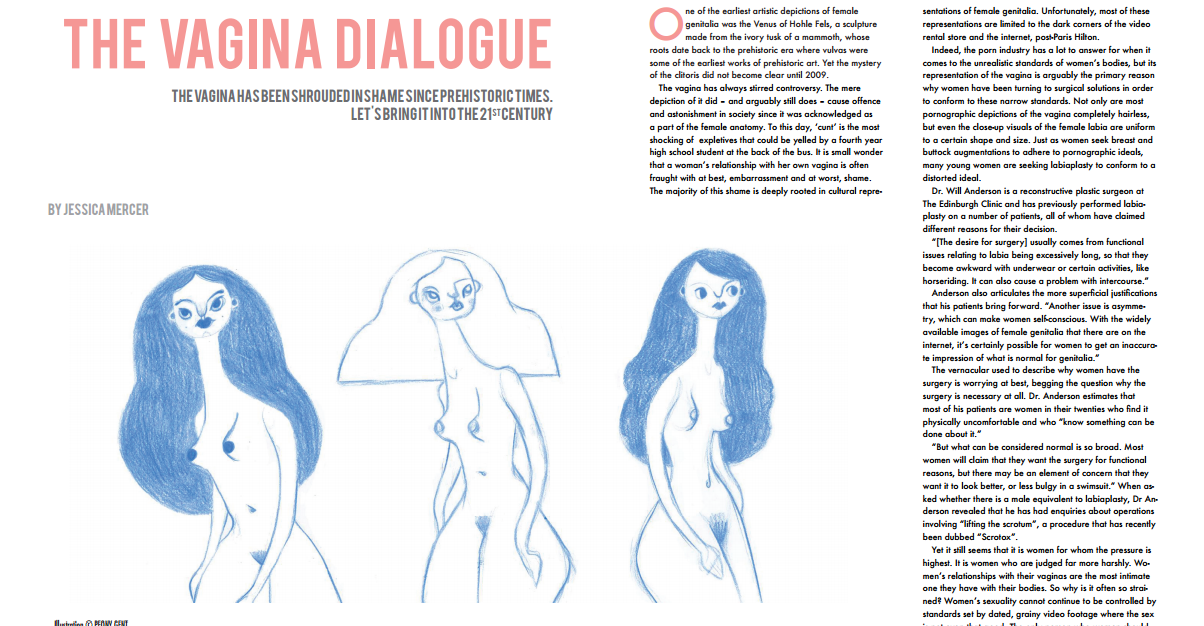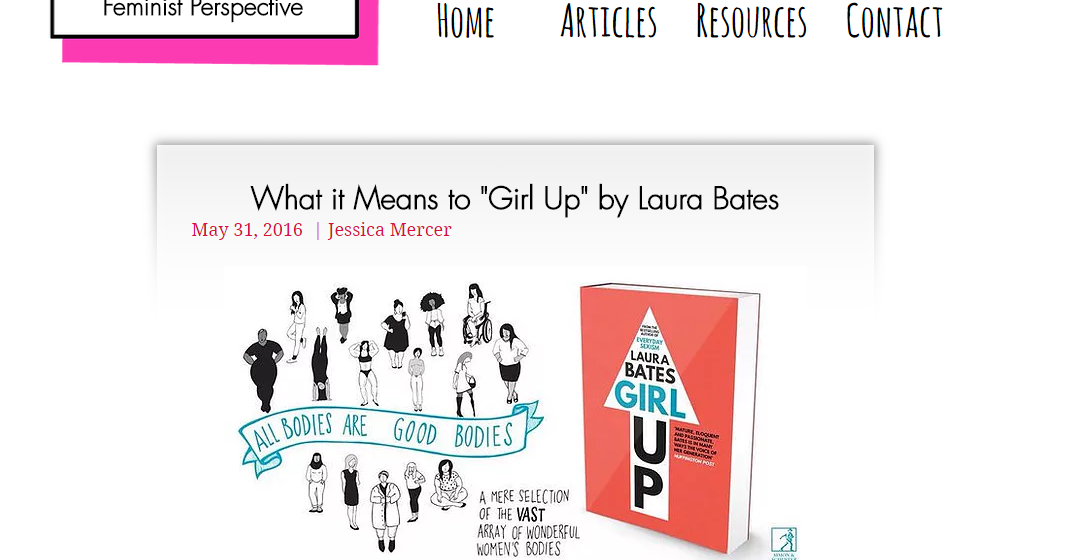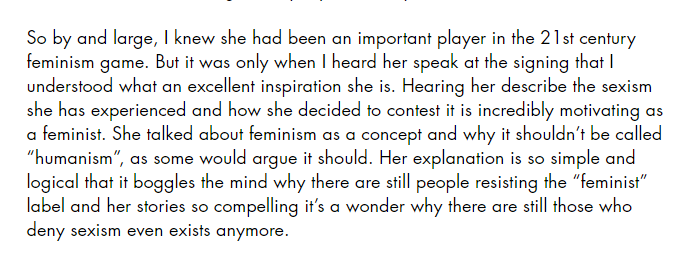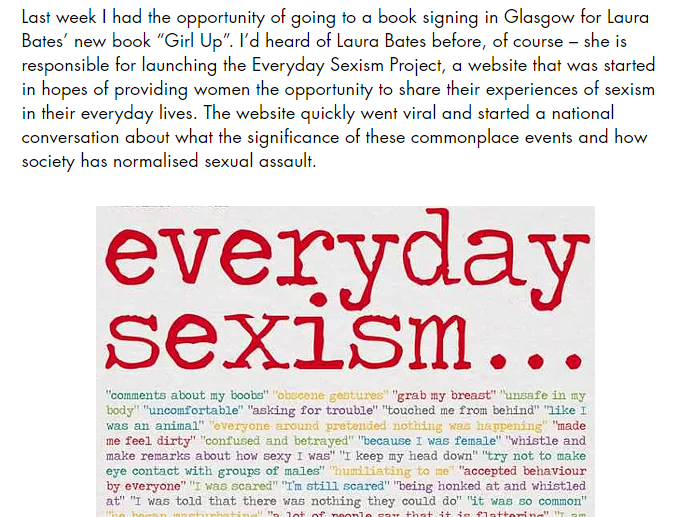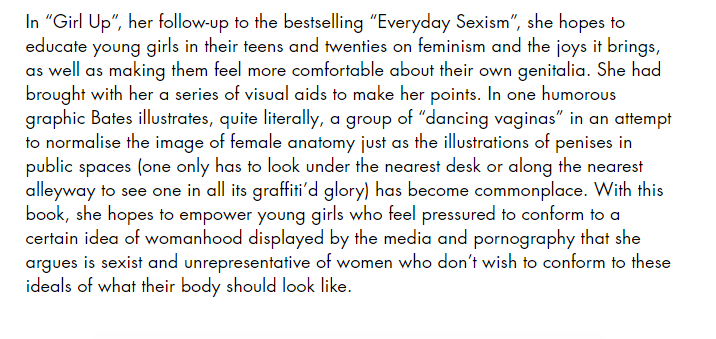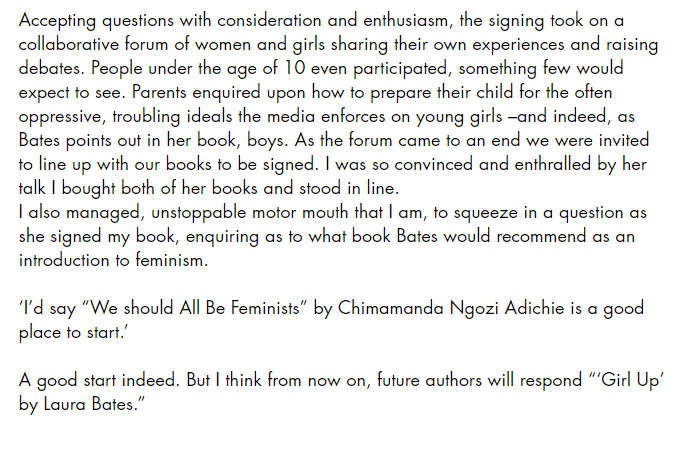There’s a Dave Chapelle joke from 2004 where he talks about an interview that MTV did with the rapper Ja Rule in the aftermath of 9/11. “Stop worshipping celebrities so much.” he said. “Who gives a f*ck what Ja Rule says at a time like this? I don’t wanna dance, I’m scared to death. I want some answers that Ja Rule might not have right now.
“Do you think when bad shit happens I’m in the crib like, ‘Oh my god, this is terrible. Somebody find Ja Rule, get a hold of [him] so I can make sense of all this! Where is Ja?'”
The joke is still funny to this day not just because of Chappelle’s note-perfect delivery, but because the gag is essentially timeless. In the age of social media, more than ever we are privy to what our favourite actors and musicians think about the latest world tragedy and political scandal within hours of it breaking on our newsfeed.
The recent escalation of tensions between Israel and Palestine has been a fascinating example of this, because it has given people an insight into the political leanings of many of their favourite stars. Days after the attack by Hamas in Israel, hundreds of Hollywood actors, screenwriters and directors signed an open letter declaring solidarity with Israel. Stars such as Gal Gadot, Jerry Seinfeld, Jamie Lee Curtis and Christ Pine signed the letter. The desired effect of this was partly to encourage support for Israel – famous people know their power. But here’s the thing: the statement was not as it was with Ukraine, with whom solidarity was understood as the default. The debate over Israel’s legitimacy as a state is perhaps one of the most divisive political issues of our time. So instead of being met with unilateral applause, many were aghast at the notion that their favourite liberal-leaning celebrities were choosing the side of who they believed to be the perpetrators of years of oppression and colonisation.
Social media was aflame – message boards fired out updates not only on what celebrities were posting on their social media accounts, but what posts they were liking, who they were following. One by one, stars were breaking their fans’ hearts by taking what they perceived as the ‘wrong’ stance. “*Insert celebrity here* really hit hard for me”, people would say as another of their idols fell right in front of their eyes.
The fervour with which many are following celebrities’ reactions to the ongoing conflict poses the question: why are we so bothered?
Perhaps the answer is obvious: the nature of celebrity is such that they are engineered to seem flawless. Whether it is down to their own PR machines or the simple virtues of their talents, their fans look to them as deities. Subconsciously or not, we hold up these people whose art we admire on pedestals, despite seeing many stars fall before them. These days, celebrities are so accessible that we feel like we know them intimately, as we would a close friend. So then when stories emerge of bad behaviour, whether it is as serious as sexual assault or as innocuous as refusing to pose for a selfie, they are met with incredulity from fans. How could someone who writes great songs or acts well in films and seems really funny on the Graham Norton Show be able to do/say such a thing? We can’t countenance the idea that just because we feel like we know someone, we don’t know them at all. Even when we think we know our closest friends, we’ll never truly know them – so how could we possibly know a stranger?
No matter how many times we see the dangers of placing people on a pedestal, we are, time and time again, shocked when they fall.
It doesn’t help that celebrities are just as complicit in perpetuating this phenomenon. At the height of the Coronavirus pandemic the actress Gal Gadot rounded up a few dozen celebrities to sing a bar of ‘Imagine’, ostensibly to portray how the world had been bonded by a common experience. The reaction was swift and ruthless: who were these people to bleat about unity and solidarity from the comfort of their palatial L.A. mansions? It was an example of what happens when the PR team aren’t there to stop their clients from hitting ‘publish’.
Last week, following a slew of posts stating solidarity with Israel, the comedian Amy Schumer posted a quote that read: “Fist they came for LGBTQ and i stood up, because love is love, then they came for immigrants and I stood up, because families belong together. Then they came for the Block community and I stood up, because Black lives matter. Then they came for me, but I stood alone, because I am a Jew.” Reactions amounted to an eyeroll as one said: “Reminder that most famous people aren’t smart”. The statement smelt of ignorance and myopia – two traits that celebrities have proved time and time again that they are more than capable of. And why wouldn’t they be when we live in a society that not only allows it, but perpetuates it via fluffing their egos so that they believe they can do no wrong? Until, of course, they do – and the crash into reality is widely reported. In Schumer’s case, she was criticised for her lack of nuance over what is one of the more nuanced political issues of our time. She doubled down on her sentiments and quickly lost any leg she had to stand on in the future, when hindsight may be a grim 20/20.
Many of us turn to celebrities in times like these is when we are not wholly certain of our own points of view. Celebrities whose politics we generally align with, we think, are likely to choose the ‘right’ view. But when we have experiences where we see how diametrically opposed our political views are with that of our favourite singer, it might give us pause for next time we look to them for guidance.
Sometimes I wish celebrity culture came with a warning label. Comfort in times of stress? Fabulous. Inspiration for Spotify playlists? Bang on. Insight into international politics? Approach with caution.
